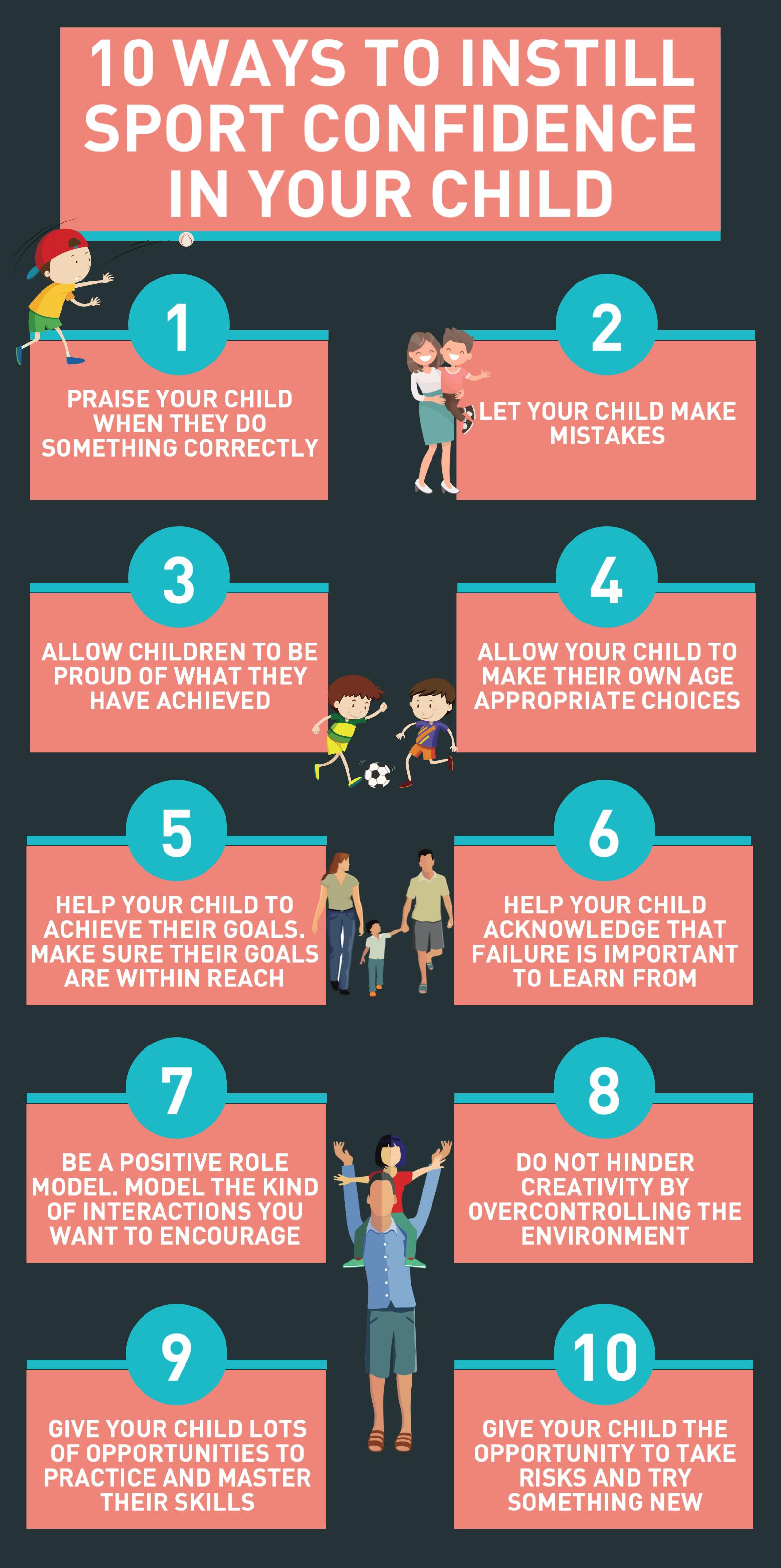Strong Roots, Strong Wings – How Parents Can Foster the Ultimate Athletic Confidence in Kids
 There is an African proverb that goes like this: “There are two things we should give our children. One is roots and the other is wings.”
There is an African proverb that goes like this: “There are two things we should give our children. One is roots and the other is wings.”
Roots grow strong from loving your child unconditionally, and wings from fostering self-confidence.
Sport demands self-confidence and belief in one’s strengths and abilities. Average doesn’t become good, good doesn’t become great, and great doesn’t become elite without belief in yourself. A confident young person will experience quicker resiliency, more successful performances, and a better chance of reaching full potential. It also ensures a more fulfilling overall experience in sport.
Before we recommend strategies that can help you guide your child toward improving their self-esteem and confidence, first observe their behavior. The following should raise some red flags signaling their self-belief may be lacking:
- Critical, doubting language about themselves
- Poor posture and body language
- Disappointment if they fall short of perfect
- Comparing themselves to others
- Obvious struggle to meet your expectations
- “Swear words” of sport in their vocabulary such as can’t, won’t & not
If you are a parent who witnesses these frequently, don’t panic! Self-confidence is a skill that can be learned, practiced, and mastered. With that being said, low self-esteem is often deep rooted itself and takes a great deal of patience and consistency to guide your child toward a change in mindset. If your child already displays strong self-confidence, then you have an opportunity to reinforce the healthy behavior.
Allow the infographic below to guide you with ten ways to instill sport confidence in your young athlete. Pay special attention to your words and actions. Are you helping or hindering them along their journey to build both strong roots and wings?
Making sure your young athlete possesses a strong sense of self-belief and confidence will expand beyond the field, court, rink, pitch, or arena. They are sure to experience benefits in the classroom, socially, and as they prepare to take flight into the next phase of their young lives.


Published with permission from believeperformshop.com





About The Author
BelievePerform Shop
In today’s sport, the performance of an elite athlete requires great physical, technical and tactical qualities, though at the top level, these are not enough. Performance psychology is now playing a much larger role in sport and many clubs and teams in over 70 countries across the planet are now recruiting top psychologists to help improve performance.